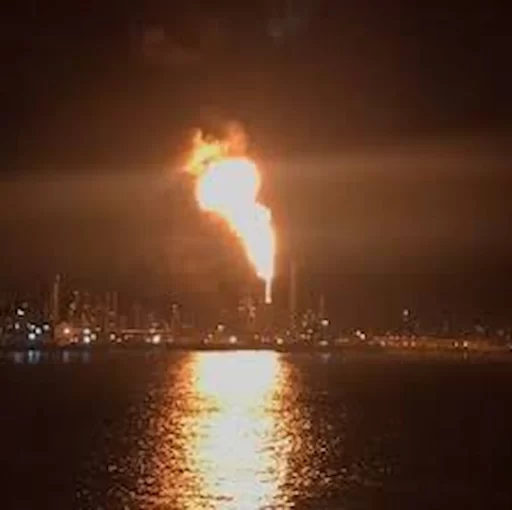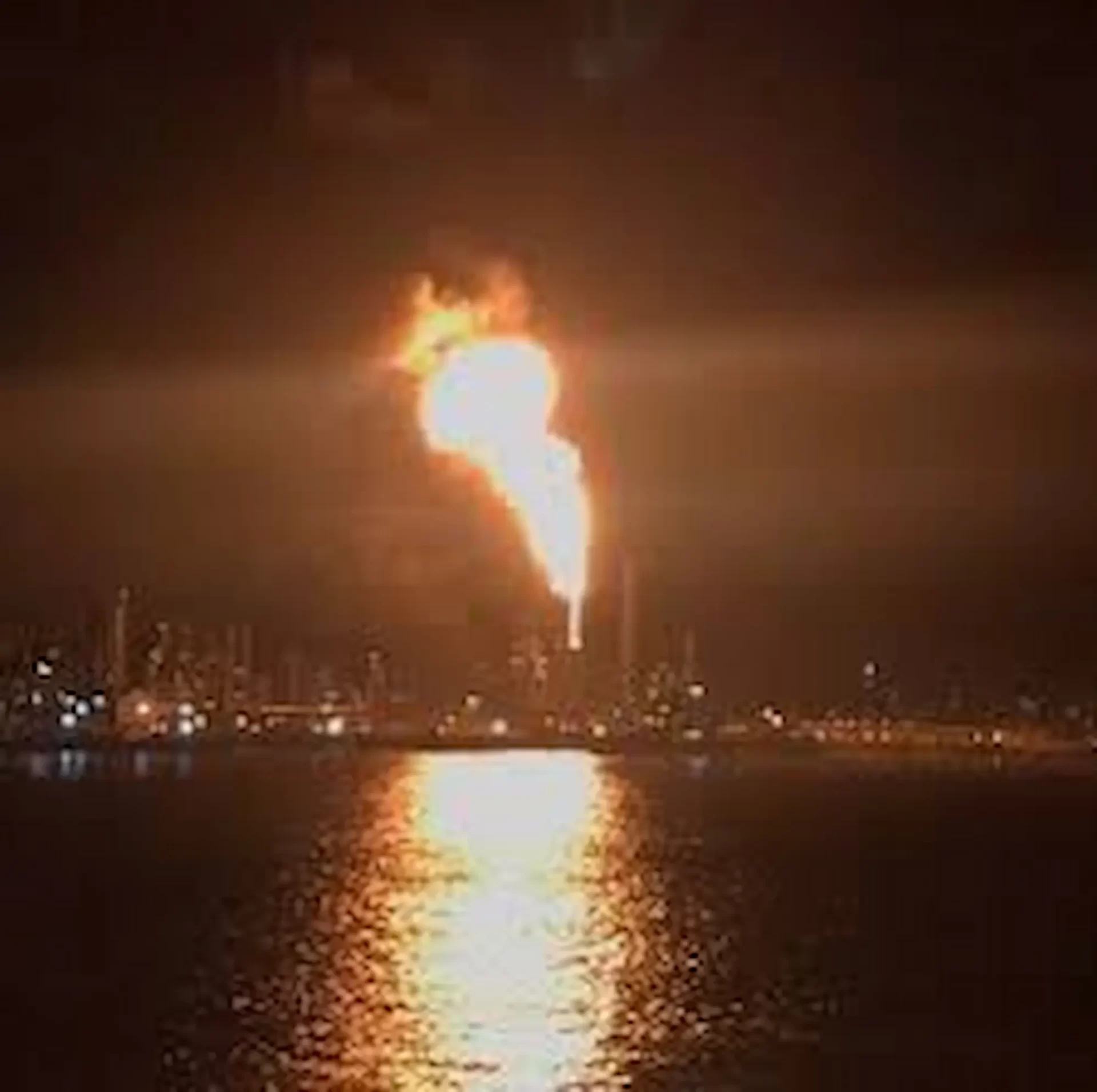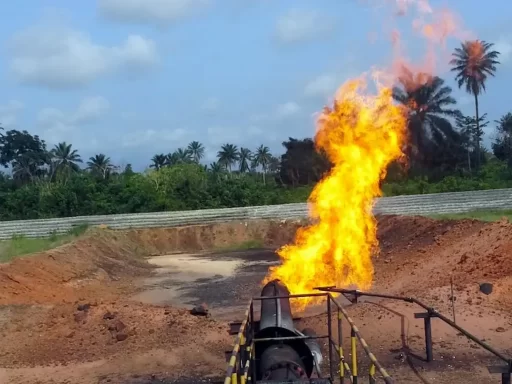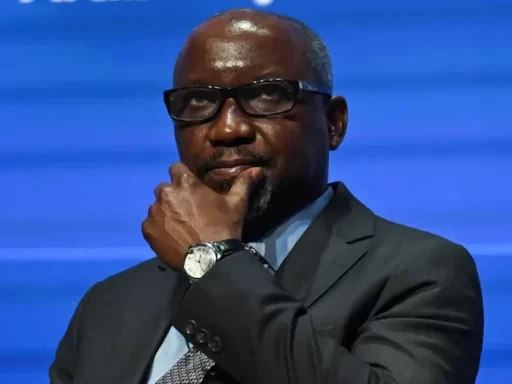Gas Flaring Wrecks Lives, Farms, and Future
Gas flaring from oil operations in Bayelsa State is poisoning air, water, and soil, pushing farming communities to the brink as government accountability falters.
Communities Choke as Emissions Rise
Obunagha, a rural community in Bayelsa, lies in the shadow of the Gbarain-Ubie gas plant. Since operations began over eight years ago, residents have endured daily gas flaring that darkens the skies, contaminates rainfall, and cripples farmland.
“I used to harvest more than 10 bags of cassava and yams. Now I get only two,” said Rachel Queen, a lifelong farmer in Obunagha. “Even the rainwater we drink is no longer safe.”
Farming and fishing once the backbone of the local economy are in steep decline. Black soot covers rooftops, and oil-soaked soil can no longer support crops. Respiratory illnesses, skin infections, and waterborne diseases are now common.
Flaring Continues Despite Laws
Although Nigeria’s Petroleum Industry Act prohibits gas flaring except in emergencies, violations are routine. In 2024 alone, 192 million standard cubic feet of gas were flared a 7.69% increase from the previous year.
Peter Bethel, another Obunagha resident, said many people have dug boreholes, “but the water isn’t safe to drink. We only use it for cooking and bathing.”
Shell divested from the plant in 2024, handing operations to Renaissance Africa Energy Company. Yet residents say the pollution has worsened. Traditional ruler King Bubaraye Dakolo remarked, “The gas has been burning since 2008. It has changed everything the land, the rivers, the people.”
6 Decades of Oil, 0 Accountability
Oil exploration in Yenagoa dates back to the 1990s. Since then, Bayelsa has recorded over 430 oil spill incidents between 2024 and mid-2025, spilling over 11,000 barrels of crude oil. Most are linked to Shell, Oando, and Agip.
Zion Kientei, traditional ruler of Lasukugbene, said, “If there’s anything oil brought here, it’s pain. Nothing else. Our people are sick, the land is ruined, and no one is listening.”
Government Efforts Fall Short
Under the Host Community Development Trust, oil companies are required to contribute 3% of operating expenses. But local leaders argue that money is not fixing the damage.
“It’s like someone slapping you and saying, ‘Don’t worry, I’ll pay a hundred Naira,’” Dakolo said. “It’s a pro-oil law, not a pro-people one.”
Meanwhile, Nigeria’s international climate targets are at risk. The country aims to cut greenhouse gas emissions by up to 47% by 2030 — but current trends suggest those goals are slipping further out of reach.
Polluters Remain Hidden
Out of 62 oil companies, only 15 disclosed their emissions to the Nigeria Extractive Industries Transparency Initiative in 2023. NEITI says it lacks prosecutorial power and relies on external enforcement.
“We need stronger laws and better enforcement,” said Paul Ogwu of the Institutional and Sustainable Development Foundation. “And we must empower communities to monitor and report pollution themselves.”
The Price of Inaction
Between January and April 2025, Nigeria lost an estimated $443.8 million to gas flaring a nearly 20% increase from 2024. Yet the cost to human lives, livelihoods, and ecosystems is far higher and far more lasting.
“Some houses collapse within a few years of construction,” said resident Imomoti Poko. “The ground shakes from the operations. If nothing changes, we’ll be jobless, homeless and hopeless.”







